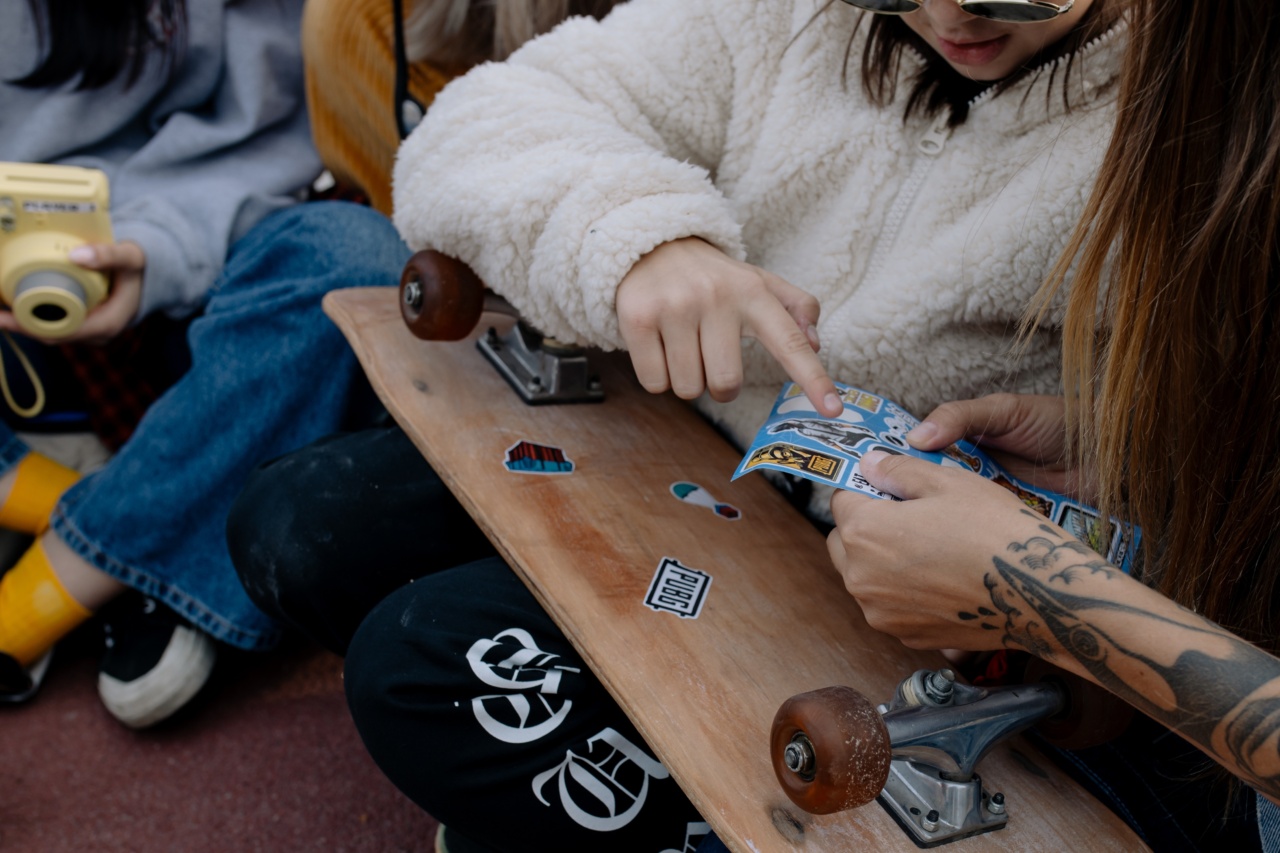Mosquitoes can be a real nuisance, especially during summer when your child is spending more time outside.
Apart from causing skin irritations, mosquito bites can also transmit life-threatening diseases such as West Nile Virus, dengue fever, and malaria.
Using a mosquito repellent is an effective way to protect your child from these bloodsucking insects. But with so many options available, choosing the right one can be overwhelming.
Here are some tips to help you select the perfect mosquito repellent for your child:.
1. Check the Active Ingredients
The main ingredients in mosquito repellents are DEET, picaridin, IR3535, and oil of lemon eucalyptus. DEET is the most effective and widely used ingredient, but it can cause skin irritation and other health concerns if not used correctly.
Picaridin is less irritating and a good alternative to DEET. Oil of lemon eucalyptus is a natural ingredient but not recommended for children under three years of age.
2. Look for Age Recommendations
Before purchasing a mosquito repellent for your child, check the age recommendations on the label. Some products may not be suitable for babies or young children, while others may not be appropriate for pregnant or nursing mothers.
3. Consider the Formulation
Mosquito repellents are available in various formulations such as lotions, sprays, wipes, and sticks. Consider which one is most practical for your child’s age and activity level.
4. Choose a Suitable Concentration
The concentration of active ingredients in mosquito repellents determines how long they provide protection. A higher concentration gives longer protection but may also increase the risk of skin irritation.
Check the label for the recommended concentration based on the length of time your child will spend outdoors.
5. Residue and Staining
Mosquito repellents can leave a residue or stain on clothing or skin. Avoid products that are known to stain or damage fabrics, especially expensive or delicate items.
6. Fragrance and Allergies
Some mosquito repellents have a strong scent that may bother your child’s nose. Moreover, some children may be allergic to certain fragrances or chemicals in the formulation.
Perform a patch test on a small area of your child’s skin before using the product all over.
7. Read Reviews and Ratings
Reading online reviews and ratings from other parents can help you make an informed decision. Look for products that consistently receive positive feedback from users.
8. Storage and Disposal
Proper storage and disposal of mosquito repellents are crucial for your family’s safety and environmental concerns. Keep the product in a cool, dry place, out of reach of children and pets.
Dispose of empty or unused containers according to the manufacturer’s instructions.
9. Apply Correctly
The effectiveness of mosquito repellents depends on the correct application. Apply the product evenly on all exposed skin surfaces, including ears, neck, and feet.
Avoid applying it on broken skin, around eyes, and mouth, and do not use it with sunscreen.
10. Alternative Mosquito Repellents
If you prefer a natural or chemical-free alternative to mosquito repellents, you can try some of the following: wearing long-sleeved clothes, using mosquito nets or screens, avoiding peak mosquito hours, using essential oils, or using bug zappers or traps.
By following these tips, you can choose the perfect mosquito repellent for your child and protect them from mosquito bites and the diseases they carry.




























